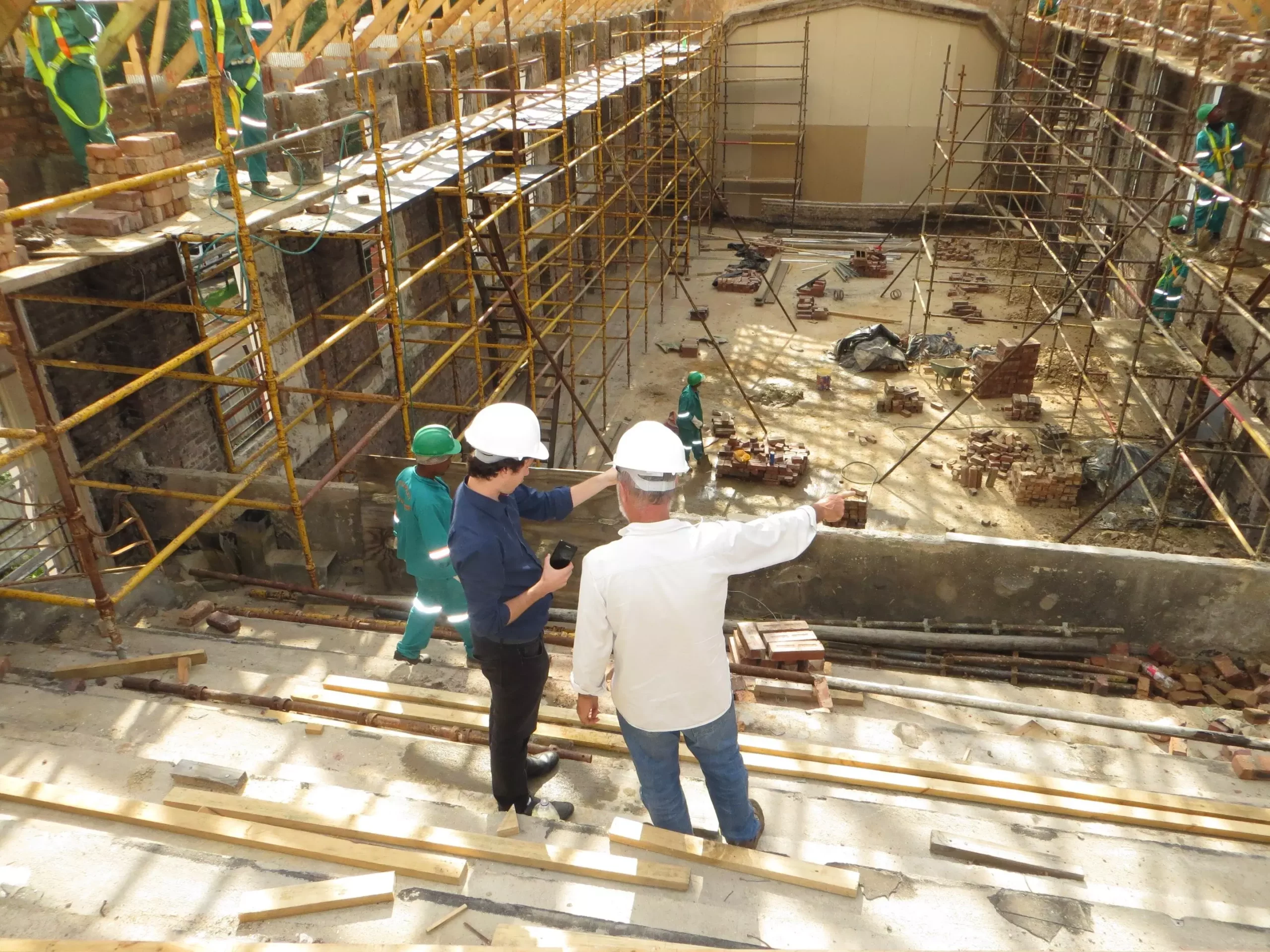Recent research has unveiled a promising opportunity for the construction sector in Europe to drastically lower its carbon emissions by the year 2060. As reported in the journal Renewable and Sustainable Energy Reviews, the innovative use of advanced energy-efficient technologies in both the renovation of existing structures and the construction of new ones could lead the way toward a greener future. This pivotal study stands as the first comprehensive examination of energy demand reduction in the construction sectors across the United Kingdom and all European Union member states.
One of the most alarming findings of the research is that approximately 75% of Europe’s current building stock is classified as energy inefficient. With the total floor space expected to expand by more than 20% within the next 30 years, the pressing need for change has never been more apparent. As energy demands grow alongside an increasing population, the urgency to implement energy-efficient practices in construction becomes critical.
The Promise of Technology
The study emphasizes the remarkable potential of integrating technologies such as solar energy systems and heat pumps into both residential and non-residential buildings. By adopting these technologies, Europe could reduce the overall energy consumption required for heating and cooling structures by a staggering 97%. This is particularly significant in today’s context, where energy security has become a central concern, especially in response to recent geopolitical tensions.
Dr. Souran Chatterjee, a leading author of the study and a lecturer in Energy Transitions at the University of Plymouth, articulates the importance of these findings. He notes that the building sector is critical in addressing climate change. The adoption of energy-efficient practices not only lessens energy expenditure but also contributes positively to public well-being. A transition toward net-zero buildings could lead to enhanced health outcomes and increased productivity, thereby impacting society on multiple fronts.
Switching to energy-efficient building practices offers extensive benefits beyond mere reduction in carbon emissions. This revolution could serve as a catalyst for job creation and economic growth, as industries pivot towards innovative building materials and technology installations. Moreover, the inherent improvements in living conditions and workplace environments could see a direct correlation with both occupational health and the well-being of everyday citizens.
The study reveals that the potential savings in energy demand are not only theoretical but achievable. If the construction sector ardently pursues its most ambitious net-zero targets, the projected energy needed for cooling residential buildings could drop by as much as 86% by 2050. Non-residential projects could see reductions around 76%. Such advancements are critical for countries with hot climates, such as Italy, France, Greece, and Spain, where reliance on air conditioning is prevalent due to the geographical demands.
However, there is a caveat: if Europe does not embrace comprehensive renovations and new construction practices that prioritize energy efficiency, we may face dire consequences. The study alarmingly posits that thermal energy demand within the sector could escalate by as much as 7% by 2060 without actionable change. This projection illustrates the stark contrast between proactive improvements and passive neglect, underscoring the risks of inertia in energy planning strategies.
To put these findings into practice, a collaborative approach is essential. The interdisciplinary cooperation among renowned institutions, including the University of Plymouth and the Central European University, demonstrates that achieving these ambitious energy reductions relies on shared knowledge and expertise. The application of mathematical energy models, such as the High-Efficiency Building (HEB) model, has enabled researchers to quantify the feasible reductions in energy demand, guiding policymakers towards effective action.
The findings of this study highlight a crucial moment for the European construction sector. The potential for transformative energy efficiency advancements could play a pivotal role in not only achieving climate neutrality but also enhancing the quality of life for individuals across the continent. To capitalize on these opportunities, stakeholders at all levels must prioritize energy-efficient construction practices now more than ever. The clock is ticking, and the path to a sustainable future hinges on immediate response and responsible planning. The ultimate question that remains is: are we ready to embrace it?

